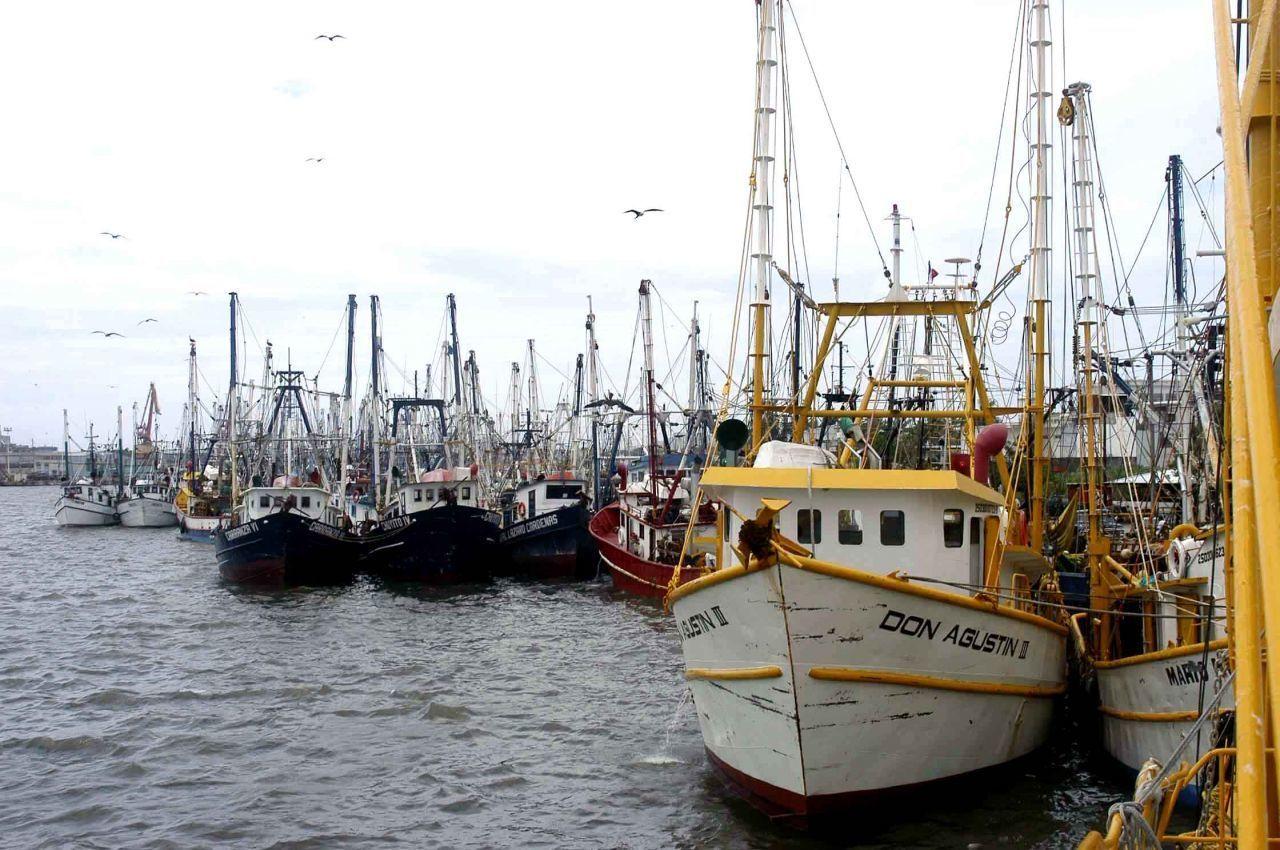Much has been said about the problems that exist in fishing and how complex it is to regulate it in the country. Some analyses estimate that between 30 and 60% of total fish production does not comply with existing regulations. Fishing effort is being saturated, affecting fish populations, and few commercial species have the potential to support a larger number of fishing vessels and fishermen.
The challenge of achieving good management and regulation of this effort is immense, when we see that there are many parts of the country, where there is very little capacity of the State to carry out inspection and surveillance tasks and to give a correct order to this activity.
However, similar to what happens in other regulatory issues, there are points that are more difficult to regulate than others in fishing activity. To put it mildly, talking about a large commercial store is not the same as talking about the store down the block. The same applies to fishing, it is not the same for large fishing vessels in the industrial deep-sea tuna, sardine or shrimp fleet as for small-scale or coastal vessels.
Deep-sea fishing boats are more visible not only because of their size, but because they have to comply with regulations that require them to have satellite monitoring systems and are limited to using ports where they can arrive due to their dimensions. Riparian fishing companies are not required to have these systems and are able to easily leave and reach land from a multitude of points on the Mexican coast.
How much can be covered if regulation and compliance are improved on the part of the deep-sea fleet? The deep-sea fleet is responsible for around 69% of the volume of fish catches in country 1, for a total of 2,360 vessels. On the other hand, coastal vessels number 76,500 and get the rest of the catches. 2 Although it is difficult to know how many there are in reality considering that there are many unregistered irregular vessels. Of the total universe of the deep-sea fleet, 38% is focused on shrimp fishing, 26% on scale and the rest are divided into octopus and tuna among others 3. 47% of deep-sea boats use trawls. Other popular fishing gears in deep-sea fishing are longlines (24%), caches (20%) and jimbas (10%) 4. In this sector there are small, medium and large entrepreneurs who are struggling to survive. This must be considered when proposing regulations and in general in the State's action aimed at seeking to make this sector work better.
Because of its size, its relatively greater ease of regulation and its importance in relation to total fish production, the deep-sea fishing sector is more likely to set an example of how fishing could be managed to make it more sustainable and thus help itself to be a sector that is at the same time more prosperous.
Some steps have been tried in this regard, for example, with tuna and sardine certifications by the Marine Stewardship Council, although also objected to by some environmental organizations. At the same time, we see with concern how every year the drama of certifying the compliance of shrimp trawling with the regulations implemented in the United States regarding the correct use of turtle exclusion devices is repeated. This jeopardizes the entry of the main export fishery product to the entire Mexican fishing sector. Or recent information from Oceana regarding the possible incursion and illegal fishing of deep-sea fleets in several marine protected areas of the country identified using satellite monitoring information.
So that this sector of fishing activity is still moving on the dilemma of being able or not being able to be leaders and serving as an example in terms of respect for regulations and good fishing practices.
The deep-sea fishing sector and the authorities responsible for regulating it have the capacity and the possibility to achieve this; and increasingly, on the side of consumers and society, this will be more in demand. Large companies are currently expected to assume greater environmental and social responsibility. This general demand for the private sector has already reached companies involved in fishing as well.
At the international level, there is a tendency to impose sanctions for companies and countries that do not comply with requirements such as taxes on the shrimp fishery, and it is to be expected that this will increase in the following years.
Looking for ways to meet these increased requirements in terms of reducing environmental impacts and complying with regulations is now a fundamental variable for operating. It is possible that, while achieving well-managed fishing in the country today is extremely difficult, deep-sea fishing can provide this example of compliance. On the side of the small or large businessman involved in deep sea fishing, it is clear that there are incentives and the need to do so. On the side of society and consumers in general, it is up to monitor and demand it, so that there is a strong movement that promotes more responsible fishing and a more sustainable economy.



Comentarios (0)